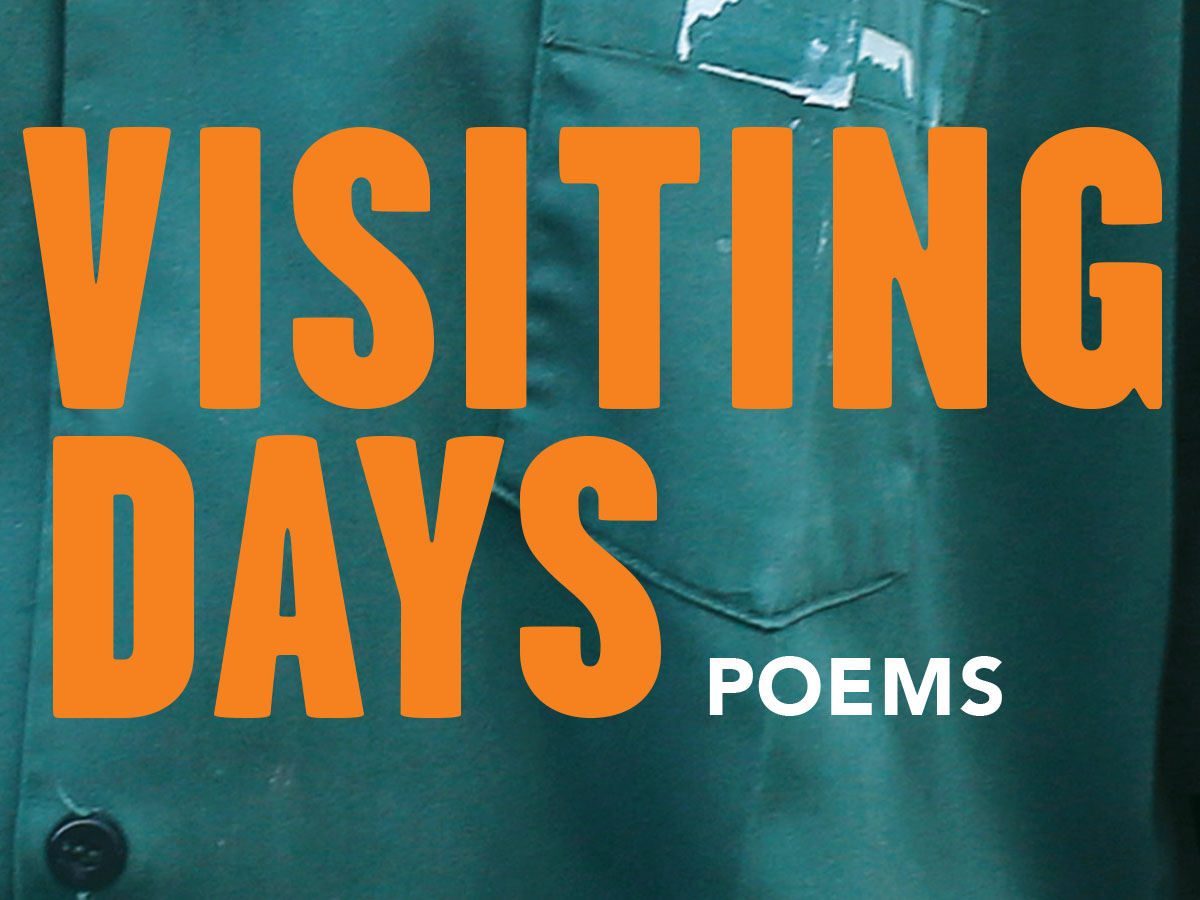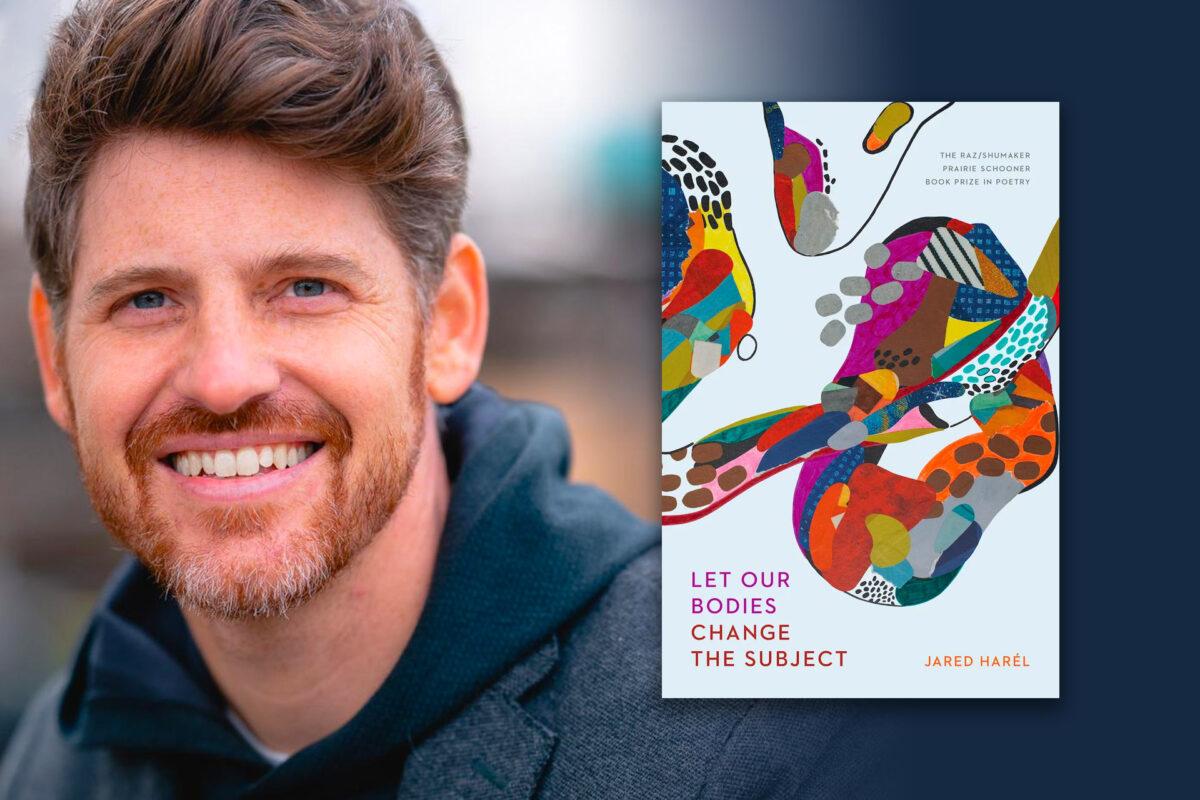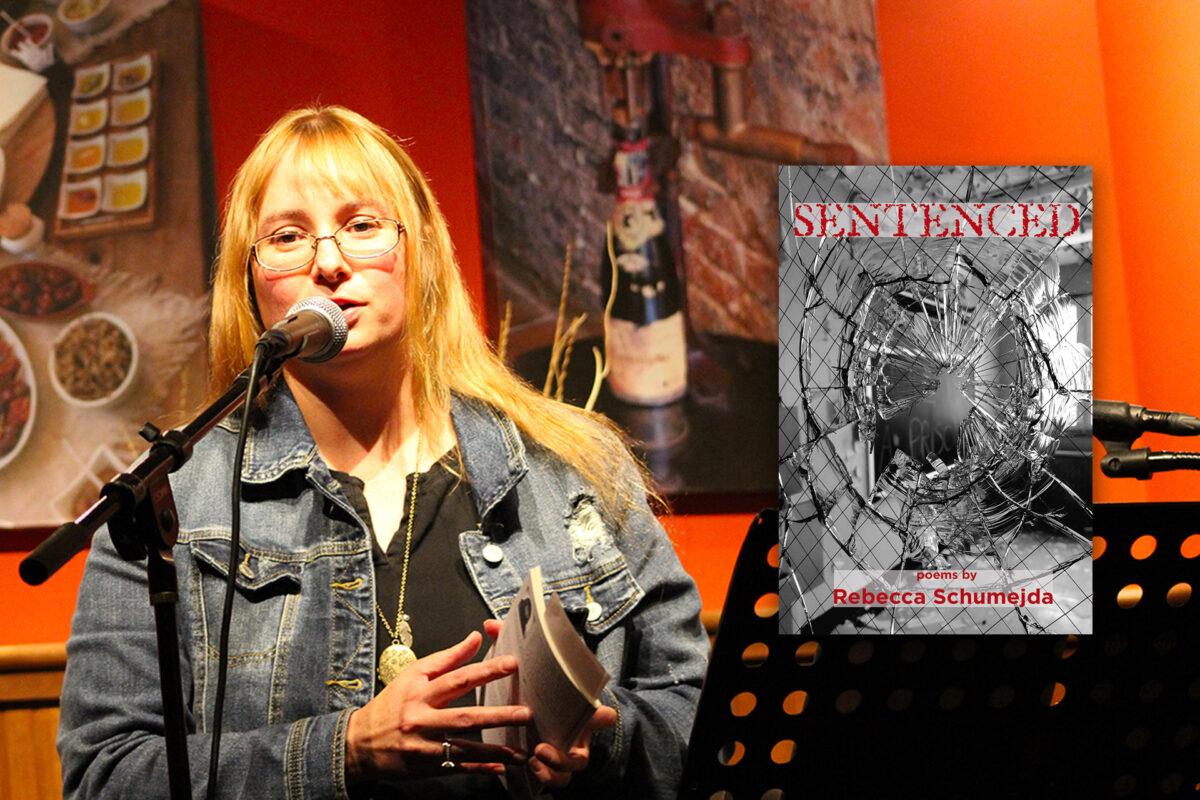Visiting Days by Gretchen Primack
Willow Books, 2019
78 pages
$16.99 on Amazon
In her new collection, Visiting Days, Gretchen Primack speaks for those who do not have a voice, for those who are locked away and forgotten about or locked away and mistreated. She objectively addresses topics, from multiple points of view, such as racial inequities, medical neglect, addiction, abuse, homosexuality, and many more. The magic of this collection is that she doesn’t just write about inequalities; she dissects the layers, pulling back the skin, so readers can see what is underneath. In the poem “Majestic on His Way,” Primack writes:
Every tenth body in green walks by
in white skin,
Every tenth body in blue
walks by in brown skin.
The green refers to the inmates, whose skin is not only brown or white, but also the color of their prison garbs, the state-issued clothing that most inmates are forced to wear. The blue refers to the guards, who are most often white. Not only does color set apart the free from the captive, the powerful from the powerless, but the color underneath that first layer of skin, that blue or green, also influences how people are treated. In “Ismail (Laundry),” she writes:
He knows these net bags
full of green. The skin of us,
a green not found in nature,
our DIN above the pocket:
the number on our green skins
sealed in cinderblock.
All these layers of skin play a significant role in the how and the why. Primack touches on the how and why throughout, but in a way that leaves room for the reader to consider the questions as well. She points out a fact that is often forgotten when thinking about people who are incarcerated: at one point, everyone, regardless of what they did, was a child. In “Senate (South Hall),” the idea of how we were all innocent in the beginning is explored:
We were children.
What does the beef mean
now, in this polished steel.
What once mattered fails to carry much weight when you find yourself locked away. Primack uses repetition, a rhetorical question, and other literary techniques in this piece to demonstrate how each man must live with the choices he made, and every man does that in a different way. Some men create what they can via art, poetry, or even carpentry. In “Jeremy (Bullpen),” a man makes a desk that he takes great pride in, only to have it “shipped/south, set by a wall of windows/in the Freedom Tower.” How ironic that this desk that he put so much time into ends up being set free while he must remain captive. In “Ernest (Vocational),” a man contemplates where the mattresses he helped make end up:
And for instance: my work will lie under a student
at Buffalo State. On my clothed buttons lie students
about to get laid, students dreaming of books
and getting laid. Dreaming of stories and science. Never
of their mattress. Never of its tufting machine operator,
or tape edge operator, never of its felon.…
These pieces remind us that we are closer to these men, these felons, than we think, but we are absolutely clueless about how our lives coincide. Primack reminds us that we are all part of the system, part of all of the things that go on behind the walls whether we know it or not. It is much easier to pretend that the inmates behind the walls, those numbers, those green skins have nothing to do with our lives, but we are deceiving ourselves if we truly believe that we don’t have a stake in the system.
Primack also brings up the medical neglect that often occurs in the system. In “Clinic,” “you” go to see the doctor because of blood in your stool and are sent away; three weeks later when you go back you “are chastised for your impatience:/there are patients with real problems.” Five more weeks pass, and you test positive for a contagious infection:
You’re sent to isolation for ten days
with the clothes you have on. The
contents of your cell are disposed
of or sent away. Two weeks after
treatment, you are still hoping for
a second pair of pants.
By writing in the second person narrative, Primack invites readers to consider what it would be like to have to wait for necessary medical attention. She addresses how inmates are often treated inhumanely by the doctors in the prison system. Obviously, there are limited resources and that contributes to the neglect that occurs; however, that does not make the neglect acceptable. Using “you” also reminds us that inmates are human; they are not just DIN numbers and green skins.
No matter what happens inside, the world still goes on, and there is not much a prisoner can do but do his/her time and try to survive and make the best out of the situation that he/she is in. In “Rifle,” Primack shows how the world that inmates once were part of goes on while they are serving time:
The yard is littered with blunt
ash and my sister marries.
All of us heal somewhere
on the body while
the crow’s feet creep
and my father goes under
the knife My cells slow
and I play through,
how we do,
our war stories
and cards.
Primack just drops those lines into the piece perfectly, showing us that events that people on the outside deem life altering are just words to inmates. They live in a parallel universe where they know what is happening, but only through word of mouth, not actual experience. While life moves forward, they are stuck in the yard, telling stories, playing cards and trying to survive.
The hardest part is endeavoring to hold on, to hope, to sanity, to contraband. In “West Wing Inmate,” and in “West Wing Guard” we see two differing points of view about the same situation. First the inmate:
I surrender matches hidden shallow
so I can keep the lighter hidden deep
then the guard:
I let the matches go
so I can take the lighter
Primack places these poems on the same page, which to me makes them one poem, but there is a huge space between, which shows the distance between the shared experience. I love how she does this because again, she is layering these robust ideas. She looks at the system from so many points of view, which allows a dynamic glimpse.
Another idea that she discusses involves how inmates survive in often inhuman and degrading conditions, which is perfectly illustrated in “Hakeem (The Box),” where the use of repetition, internal rhyme and spacing recreate the absolute torture of being in isolation. Escape for the inmates involves fantasy, dreaming, art, writing, reading, and visiting days. They create a world of their own one like Manuel’s where “[w]ords jewel me/on all my fingers.” Through art, we see how Ben is able to have some control over his life by using drawing as a release, as a way to express his frustrations. Escape is a way for the men to get back in the day-to-day, while they are serving their time. But what happens when their sentence ends? No matter what inmates do, after doing hard time, they will be forever changed and maybe even forever locked, as expressed in “Andre Going Home”:
Some days my shoes will fill
with dread and keep me boxed.
Some nights my chest will press
against me, keep me cornered.
These lines speak volumes and illustrate how anyone who has served time will forever experience the impact of their incarceration.
Primack’s keen observations have translated into a collection of poems that authentically shows what life is like inside. Primack is a skilled writer; in pieces like “JR (Chapel),” she says more with less, using spacing as a tool to make the reader pause and ponder. This is a collection you don’t want to just read once. You should go back and read the pieces again because she has a way of sneaking powerful ideas in without being overly narrative.
As a person who knows more than I want to about the prison system, I am truly impressed by Primack’s ability to put on the green and blue skins and write about the complexity of the prison system.






